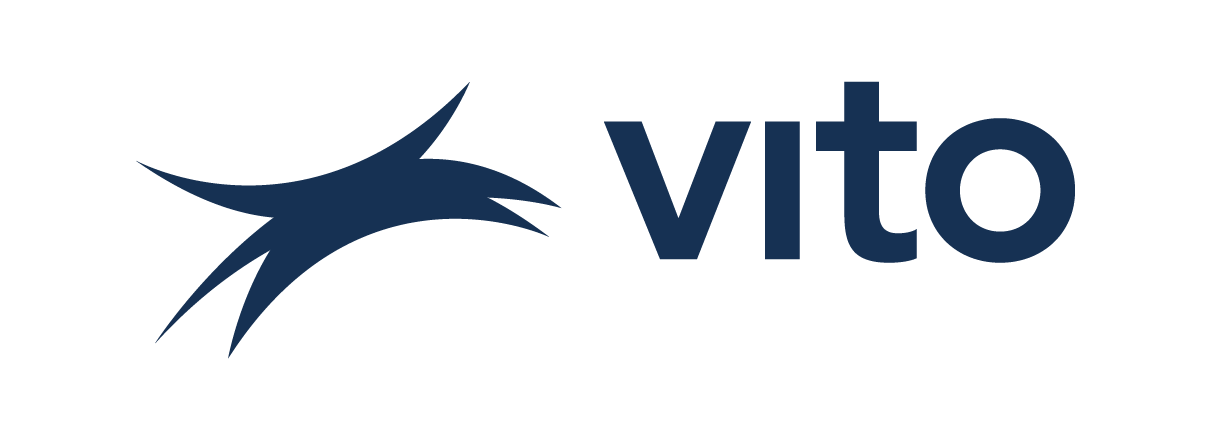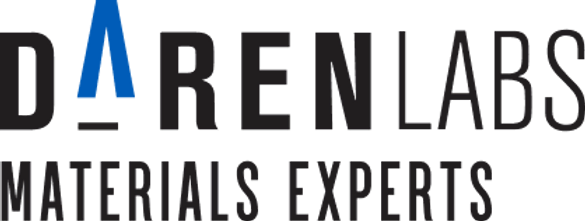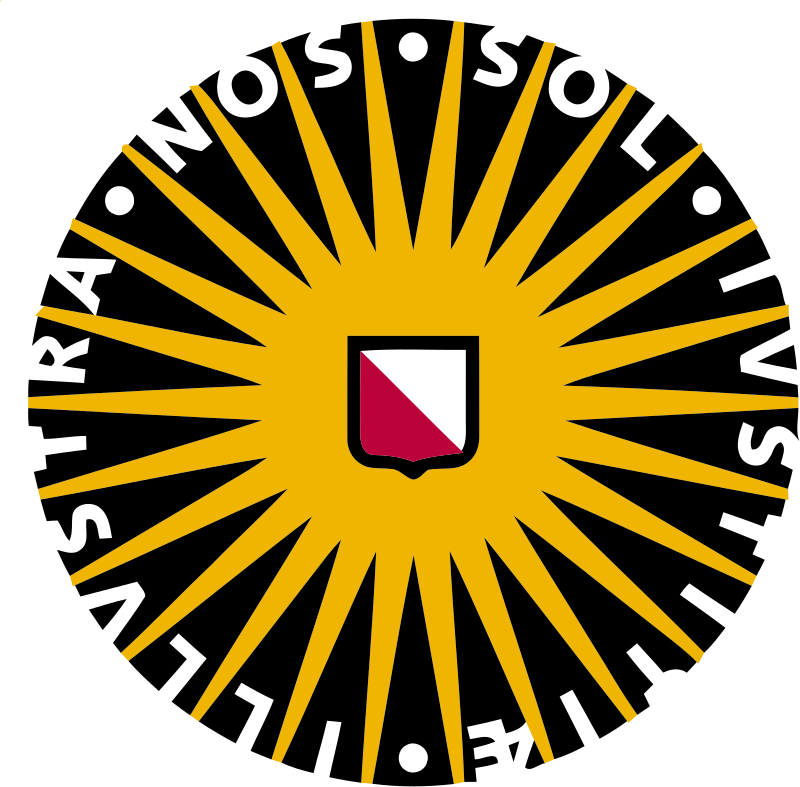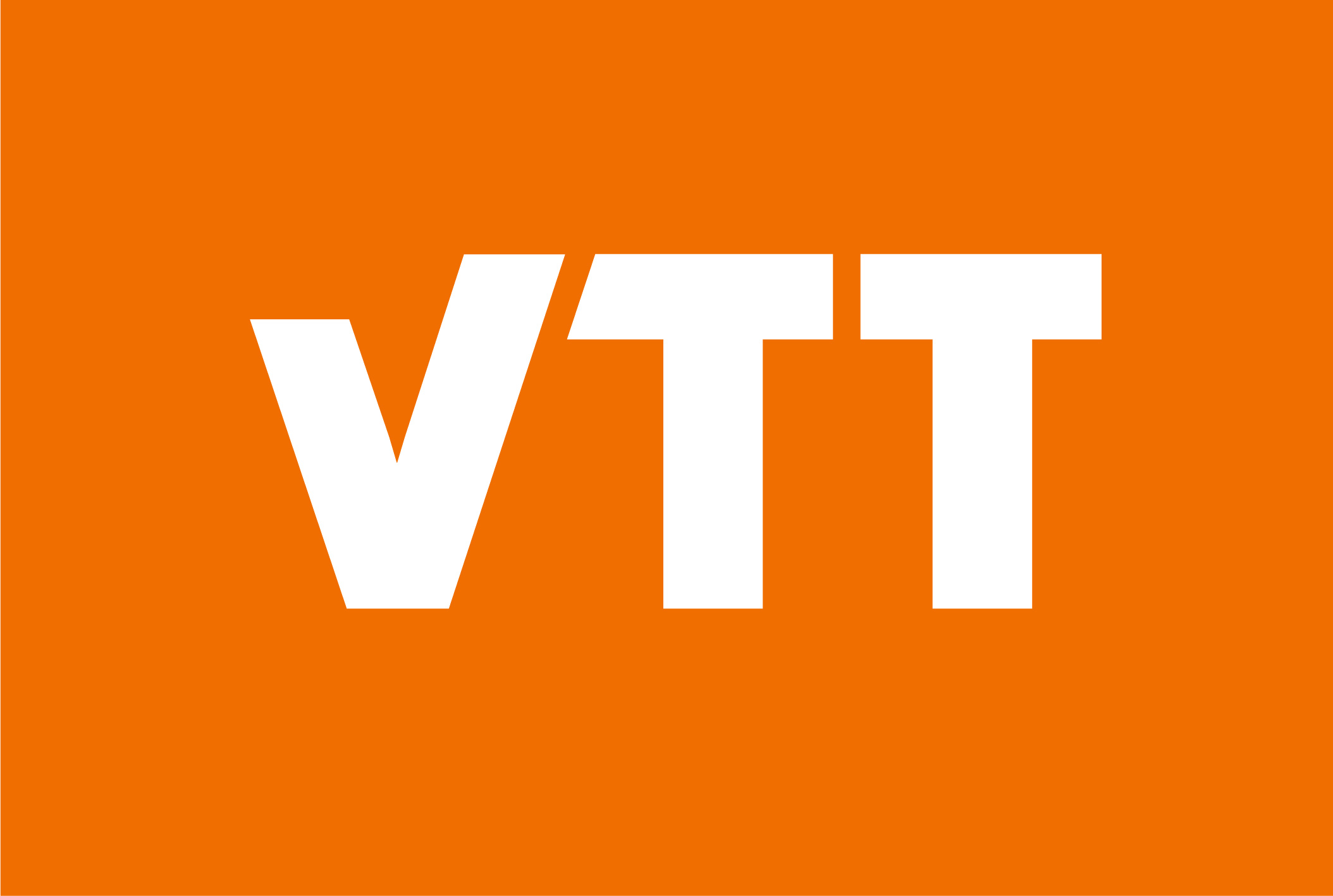COUNTLESS Project Consortium

 Vito
Soprema
Vito
Soprema
 Bloom Biorenewables
Bloom Biorenewables
 Braskem Europe
CLIB – Cluster Industrial Biotechnology
IFEU
Braskem Europe
CLIB – Cluster Industrial Biotechnology
IFEU
 Daren Labs
Daren Labs
 Fibenol
Fibenol
 Kastamonu
Kastamonu
 Soprema
Soprema
 Soprema
Soprema
 VTT
VTT
 Utrecht University
Utrecht University
VITO is an independent Flemish research organization in the area of cleantech and sustainable development, with its head office in Mol, Belgium. It implements customer-oriented research and develops innovative products and processes for both the public and private sectors in the areas of chemistry, environment, materials, food and energy. The multidisciplinary business unit Separation and Conversion Technology (SCT) has organized its strategic research program around the theme ‘Sustainable Chemistry’. One of the focus points on innovation for sustainable chemistry is the use of alternative feedstocks, such as lignin, carbohydrates, to create new value chains. SCT has been active in the lignin field since 2012 and continuously improved its expertise, related to both lignin processing and application (polymer) development . Additionally, VITO initiated Biorizon, a shared research centre focusing on technology development to produce functionalized biobased aromatics for performance materials, coatings and chemicals. In this context, VITO has launched in 2018 the ERDF LignoValue Pilot project aiming at the design and construction of a pilot plant for the depolymerization of lignin into a mixture of biobased aromatics.
COUNTLESS demonstrates the cost-effective production of lignin-based aromatic building blocks and their application as novel dedicated platform chemicals to unlock a range of products, from high volume/low cost to low volume/high cost, hence replacing their fossil-based counterparts. The outcome of COUNTLESS will contribute to a more sustainable future, by creating new value chains based on lignin. Using the LignoValue Pilot infrastructure platform, we aim to deliver the necessary techno-economic proof-of-concepts for the sustainable and cost-effective production of lignin-based functional building blocks.

Kelly
Servaes
In the consortium, Bloom aims to deliver un-condensed lignin which upon depolymerization can substitute high quality building blocks currently used by the chemical industry. Bloom focuses on upstream processes and counts on COUNTLESS’s partners to incorporate its ingredients in sustainable products formulations. We are optimistic regarding the project since covering the full value chain from raw biomass feedstock to end-products has the potential to accelerate market access of new bio-based solutions.
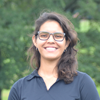
Ydna M.
Questell-Santiago
Chloé
Wegmann

Antoine
Bourgeois

Lucas
Mayoraz
With a strategy centered on people and sustainability, Braskem is engaged in contributing to the value chain to strengthen the Circular Economy. Braskem’s 8,000 team members dedicate themselves every day to improving people’s lives through sustainable solutions in chemicals and plastics. With its corporate DNA rooted in innovation, Braskem offers a comprehensive portfolio of plastic resins and chemical products for diverse industries, such as food packaging, construction, manufacturing, automotive, agribusiness, health and hygiene, and more. With industrial units in Brazil, the United States, Mexico and Germany, Braskem exports its products to clients in over 70 countries.

Jerusa
Roeder
The Cluster Industrial Biotechnology, CLIB is an international open innovation cluster of large companies, SMEs, academic institutes and universities, as well as other stakeholders active in biotechnology and the circular bioeconomy as a whole. The cluster comprises over 100 members with a share of about 25 % international members. The overall goal of CLIB is to network stakeholders along and across value chains and to identify new opportunities for innovation, projects, and business. Through its strong network, we help develop cross-sectoral biotech and bio-based solutions for sustainable processes and products. In COUNTLESS, we are responsible for the Communication, Dissemination, and Exploitation Work Package.
Tatjana
Schwabe-Marković

Sabine
Kortmann

Tobias
Klement
Daren Laboratories (DLABS), based in Ness Ziona, Israel, strategically located near the renowned Weizmann Institute. operates at the intersection of academia and industry, offering practical solutions to complex research challenges. Our mission began with the aim of resolving intricate R&D issues in diverse fields such as chemistry, materials, biopolymers, synthesis, and industrial processes.
DLABS has evolved into an innovation hub, fostering collaborations and driving research. At the core of our operations lies the Daren Innovation Center, accommodating more than twenty start-ups, highlighting our commitment to nurturing pioneering ideas. Our partnerships extend globally, encompassing governmental authorities, major industry players like Teva and Orbotech, and emerging start-ups. With our unique positioning, DLABS possesses the ability to convert visionary concepts into tangible products. Our expertise ranges from biochemistry to chemical physics, enabling us to offer a diverse set of capabilities.

Dr. Elliot
Silcoff

Dr. Anna
Munder
Fibenol is an Estonian origin wood residues valorisation and green technology industrial company. Our flagship demo plant is situated in Imavere in Estonia.
Our goal is to shift the chemical and materials industry to sustainability by replacing fossil chemicals with high-performance low-carbon hardwood residues-based biomaterials – lignin, wood sugars and specialty cellulose in various industry fields from construction sector, energy saving and packaging to cosmetics and pharmaceuticals.

Heiko
Keller
Maintaining its uninterrupted production for half a century in the wood-based panel industry, Kastamonu Entegre is a global-scale company engaged in production in 6 countries, with investments in Romania, Bulgaria, Bosnia and Herzegovina, Russia, Italy and Turkey. In the USA, it has a company that carries out wood chip supply and logistics processes. Kastamonu Entegre has become the world’s fifth largest company in the wood-based panel industry with its overseas investments for 25 years, and has been among the top three manufacturers in Europe. It is one of the four largest manufacturers in the world with each of its main product groups; namely MDF, particle board, laminate flooring, and door panel. It undertakes 6% of the world laminate flooring production alone.
Acting with the mission of preserving natural balance and contributing to the society, the company is one of the three companies that prepared the sustainability report in the industry. It carries out studies on product and process development, efficiency increase, efficient resource utilization and advanced material technologies in its R&D center in Istanbul, which it has set up to develop technologies of the future.

Gülşah
Balamut Arslan

Ümran
Burcu Alkan

Özden
Beste Koçoğlu
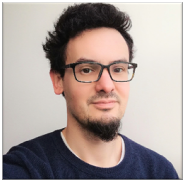
Antoine
Duval

Alexandru
Sarbu

Ellen Van
Der Auwera
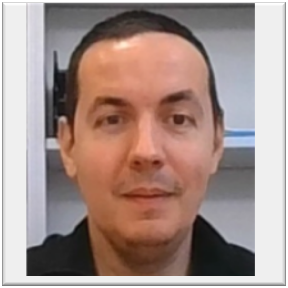
Alexis
Roulet
Coming soon
VTT Technical Research Centre of Finland Ltd is a state owned and controlled non-profit limited liability company established by law and operating under the ownership steering of the Finnish Ministry of Employment and the Economy.
VTT is a Research and Technology Organisation (RTO) whose activities are focused on three areas: Carbon neutral solutions, Sustainable products and materials, and Digital technologies. VTT is impact-driven and takes advantage from its wide multi-technological knowledge base to strengthen Finnish and European industrial competitiveness. VTT can combine different technologies, produce information, upgrade technology knowledge, and create business intelligence and value added for its stakeholders.
VTT has a staff of 2213, net turnover in 2022 was 165 M€ and other operational incomes were 96 M€. Over the years, VTT has gained vast experience from participation and coordination of numerous European projects including R&D Framework Programme projects and other thematic frameworks and programmes. VTT is ranked among the leading European RTOs. In December 2017, VTT has been recognised with the “HR Excellence in Research” award by the European Commission.



